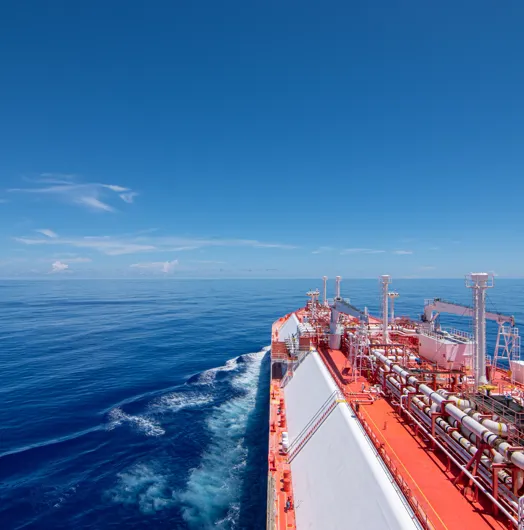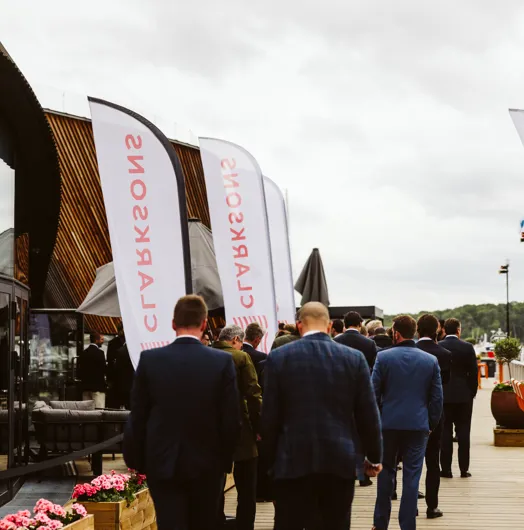
Bruna Carvalho appointed to Managing Director, Brazil
We are delighted to announce that Bruna Carvalho has been appointed to Managing Director, Brazil, effective immediately. Bruna joined Clarksons in September 2024 and is now firmly establishing Clarksons’ Deep-Sea Tanker desk in Rio de Janeiro.

No Time to Waste: Clarksons Calls for Immediate Action on LCO₂ Shipping Post-NZIA
In a landmark move to accelerate industrial decarbonisation, the European Commission has enacted a pivotal decision under Article 23 of the Net-Zero Industry Act (NZIA). This assigns binding CO₂ storage obligations to 44 oil and gas producers across the European Union.

The Clarksons Conference | Nor Shipping 2025
Last week the shipping community were welcomed to Oslo for Nor Shipping 2025. The Clarksons Conference took place on the 3rd June at The National Museum followed by an evening reception at Stranden 30. The event brought together industry leaders, analysts, and shipping experts to provide deep insights into the future of global shipping and trade, looking particularly at the Dry Bulk and Tanker markets.

